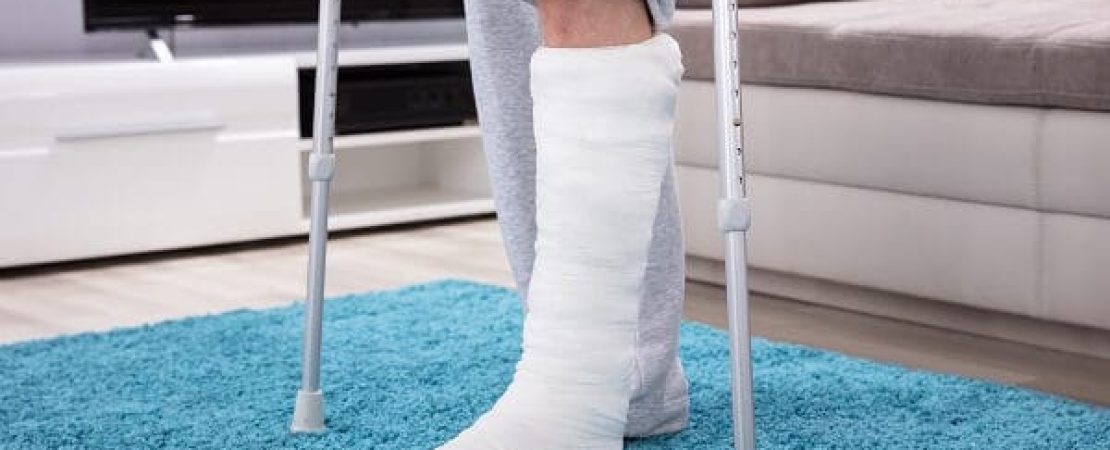Injured workers may have several options for receiving income while they are recovering and cannot work, including workers’ compensation, disability insurance payments, and SSDI. On a quick glance, these programs seem extremely similar: all three pay benefits to people with disabilities preventing them from working. In fact, disability insurance is quite different from workers’ compensation in a few ways.
Private Disability Insurance
Private disability insurance is insurance that pays you if you are unable to work due to an injury or a medical condition. Some employers offer this insurance as a benefit, or you can purchase coverage on your own. There are two types of disability insurance plans available: short-term disability and long-term disability. Short-term disability insurance pays you a portion of your income from work for up to one year. Long-term disability insurance pays you a portion of your income after short-term coverage ends.
Unlike workers’ compensation, you can receive disability insurance payments if you were not injured at work or if you have an illness unrelated to work. You usually pay all or most of the premiums on disability insurance. In contrast, workers’ compensation is paid for by your employer, who must pay premiums on an insurance plan or become self-insured.
Disability insurance has different requirements for beginning payments than workers’ comp. Eligibility is determined solely by the insurance company, unlike in the workers’ compensation system. When you seek workers’ compensation benefits, Minnesota law allows you to challenge the workers’ compensation insurance company’s benefits denials and receive due process at a hearing. When seeking disability insurance payments, you are at the mercy of the insurance company.
Social Security Disability Insurance
Like private disability insurance, Social Security Disability Insurance (SSDI) will pay you benefits if you cannot work, regardless of whether your disability is work-related. Again, workers’ compensation benefits are only available if you were injured at work. The federal SSDI benefit program makes monthly payments to people whose disabilities limit their ability to work or prevent them from working. While the Social Security Administration has strict requirements for which disabilities qualify you for SSDI, workers’ compensation covers workers with a wide variety of short- and long-term injuries.
As you can see, workers’ compensation is different from private disability insurance and SSDI benefits, but all three options could provide income for you if you were injured at work.
Need help navigating the Minnesota workers’ compensation system? Joe Osterbauer, Esq. and the Osterbauer Law Firm stand up for injured Minnesota workers’ rights. Joe’s 27 years of workers’ compensation experience and his team’s speedy service combine to get clients the results they need. To schedule a free consultation, visit Osterbauer Law Firm online or call Joe’s office at (612) 334-3434.

